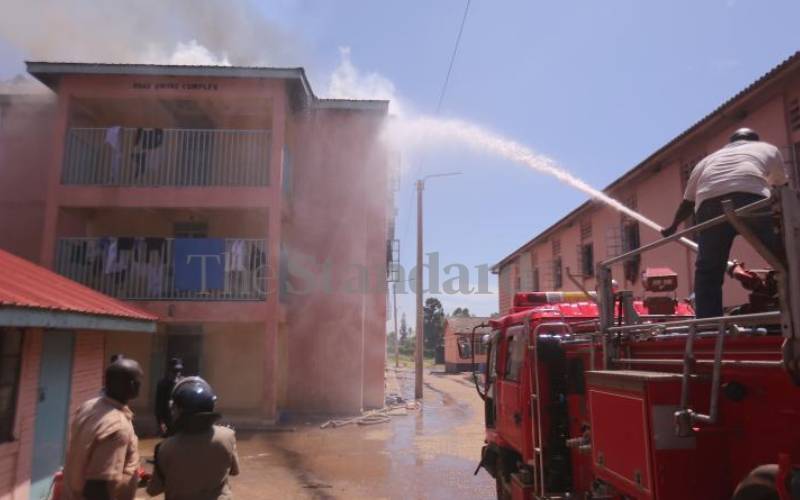
Education CS George Magoha’s pledge to build more approved schools brought to mind Lucky Dube’s song; Prisoner. Part of the lyrics say: “Somebody told me about it when I was still a little boy. He said to me, crime does not pay. He said to me, education is the key, yeah. As a little boy I thought I knew what I was doing, yeah, man. But today, here I am in jail, I’m a prisoner (Chorus)-They won’t build no schools anymore, all they build will be prison, prison….”
The song captures our societal conundrum in regards to the education sector. The recent spate of school arson is proof that youngsters don’t appreciate the value of education. Instead, they choose crime, which unerringly leads to prison. Dube’s exhortation was to the youth to shun crime in favour of education. Yet while that should be the clarion call of parents, society and government, we are resigned to building approved schools as the panacea to indiscipline.